The international Conference “Pact for Impact” placed the Social and Inclusive Economy at the heart of the international agenda. RIPESS contributed actively to the organisation of the event thus raising the visibility of our approach of SSE to ensure that the voices of the grassroots SSE and the SSE networks are heard.
Last July 10th and 11th, the international conference Pact for Impact was held in Paris (France). The aim was to place the social and inclusive economy at the heart of the international agenda. The Pact for Impact conference aimed to create a Global Alliance for a Social and Inclusive Economy involving governments, networks and key stakeholders.
RIPESS contributed actively to the organisation of the event, through speakers and participants from all continents except Latin America, thus raising the visibility of our approach of SSE by the interventions of speakers on the various panels, and during the two days of the event, to ensure that the voices of the grassroots SSE and the SSE networks are heard.
For more details regarding the contributions of the RIPESS members during the meeting, please refer to the article that preceded the meeting, published by RIPESS.
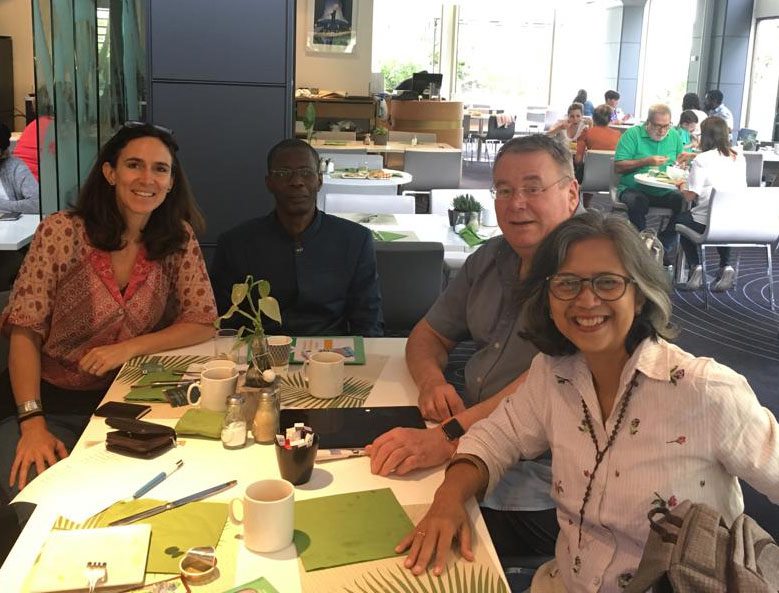
As this meeting is the beginning of a dynamic that plans to encourage the construction of multi-stakeholder alliances for the development of a “social and inclusive economy”, a Manifesto was signed at the end of this event. The Manifesto explicitly affirms the importance of SSE to achieve a “social and inclusive economy”. Excerpt: “Pact for Impact’s ambition is to create a Global Alliance for the recognition and development of the Social and Solidarity Economy (SSE), the Inclusive Economy, its companies and all actors of social innovation.”
Following this, a roadmap will be developed with the various actors and a broader call for participation will be launched to other governments and multiple actors of these economies, including support and financing structures.
Beyond promoting SSE as understood by RIPESS (in contrast to other forms of social economies also included in the perspective of Pact for Impact), RIPESS has specifically stressed the importance of these alliances being forged at territorial level as well as at global level, thus emphasizing the “from local to global” approach as often claimed by RIPESS. Furthermore, RIPESS has committed to ensuring that SSE initiatives structured into networks are represented in the various areas in these territories as well as at global level, to ensure that advocacy for action is based on the real needs and potential of the grassroot actors.
For example, the Chantier de l’économie sociale demonstrated how the social economy ecosystem has developed in Quebec, in response to the needs of territories, networks and stakeholders and in co-construction with public authorities.
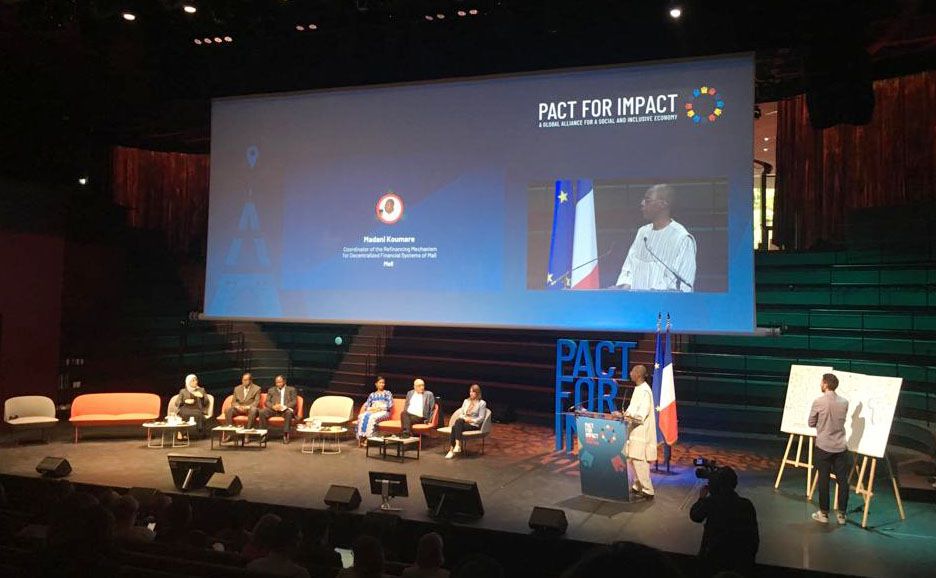
Mali set an example in the closing session, knowing that the Malian SSE network (RENAPESS) has already established a multi-actor platform. For this event both the Mayor of the city of Bamako (also Vice President of the GSEF for Africa), as well as the Malian Ministry were mobilised and participated.
Announcements were also made during this plenary session with regard to the African continent: the creation of a network of African Mayors for SSE, the prospect of a network of African SSE Ministers (respectively at the invitation of the Mayor of Bamako and the Malian Ministry), and finally the intention to hold an African continental meeting on SSE in Morocco. This is an illustration of the dynamics of alliances already underway, which the Pact for Impact process can be expected to make visible and for which it will develop the full potential.
In the closing panel, Madani Koumaré, President of the Malian and African SSE network (RENAPESS and RAESS) undertook to rename and appropriate the PACT as a “Partnership for Concrete Actions on the Ground”.
RIPESS welcomes the creation of the Global Alliance for a Social and Inclusive Economy and we commit to work for its success. This Alliance should prove very important tin including SSE as an essential approach for achieving and localizing the 2030 Sustainable Development Goals (SDGs) adopted by the United Nations General Assembly in 2015.

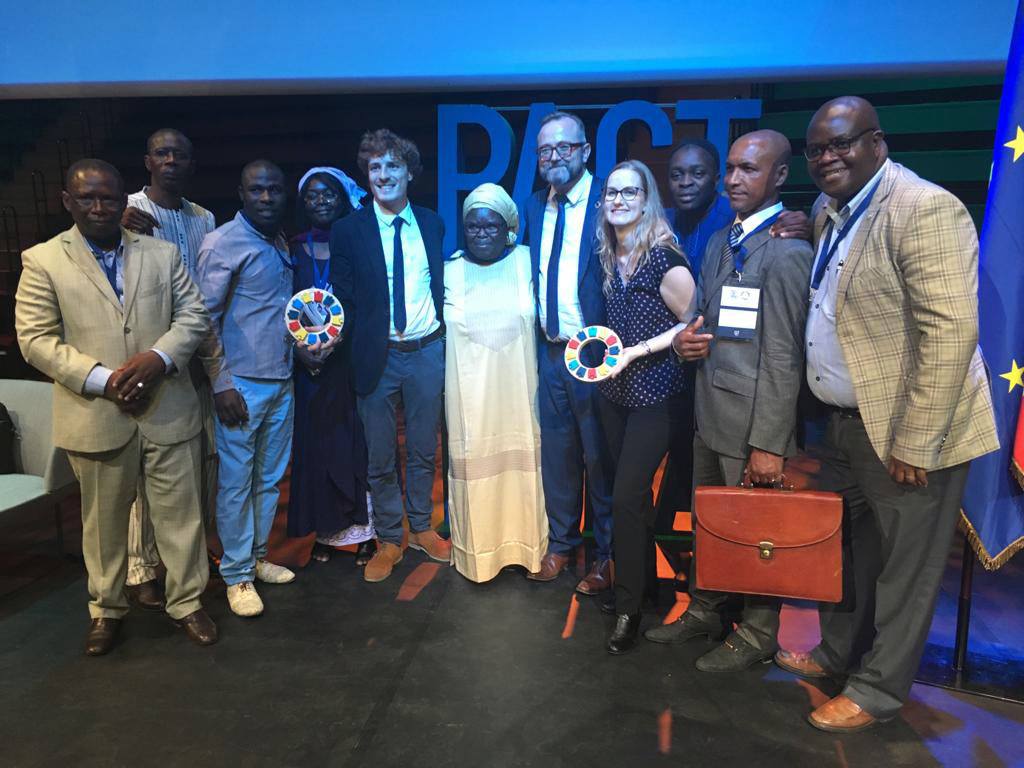
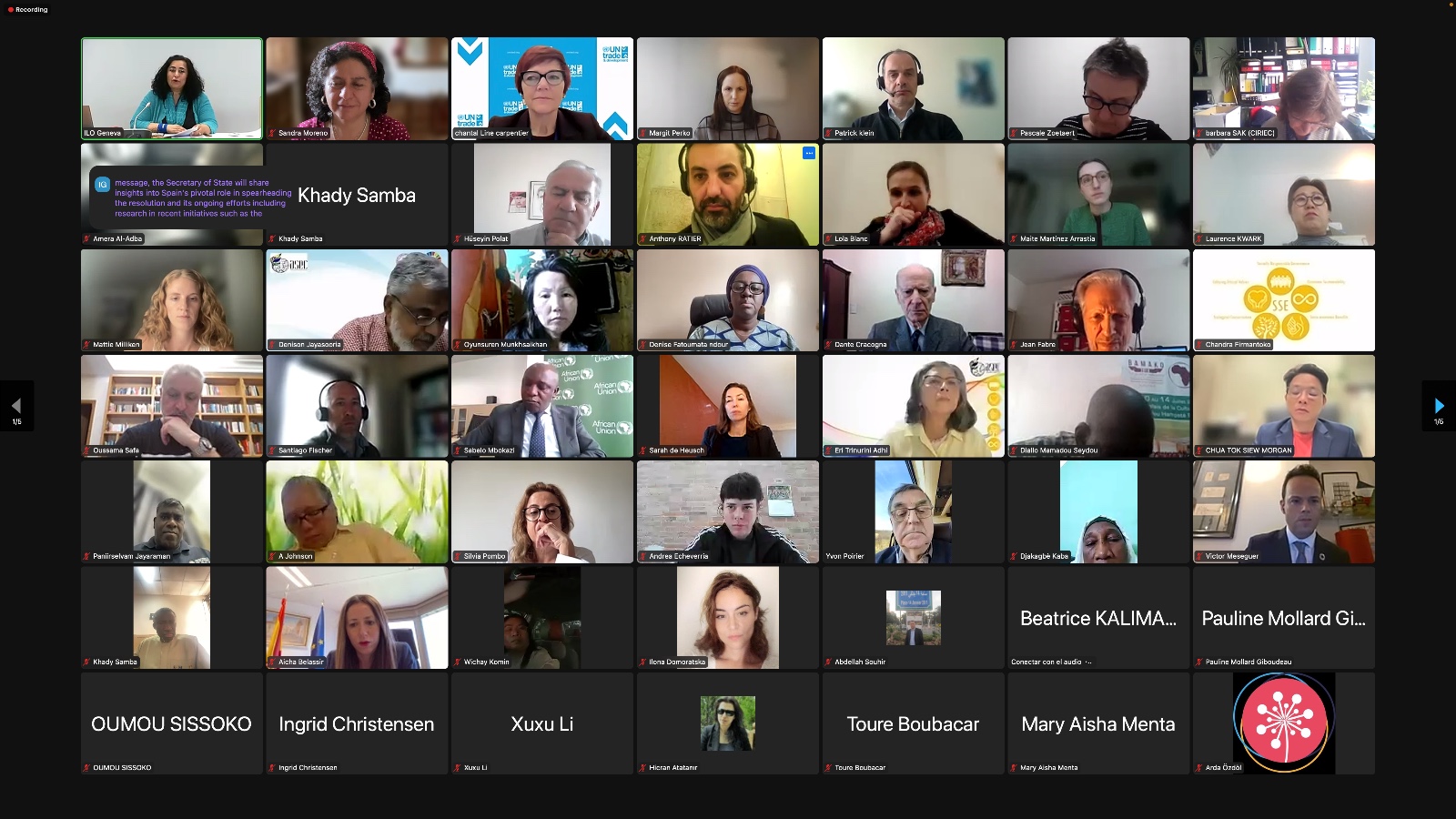
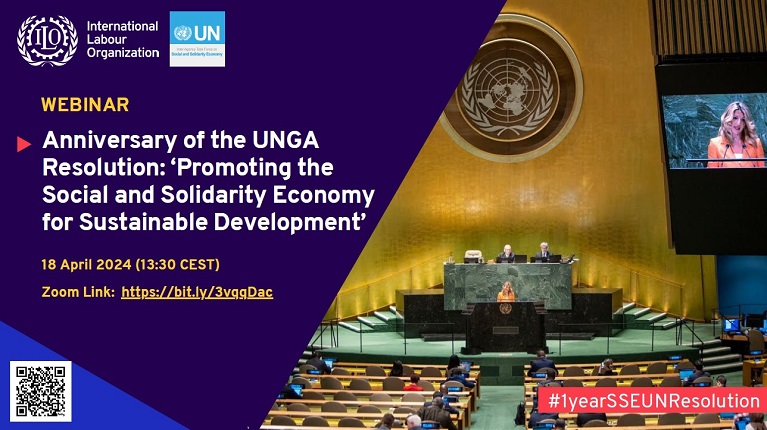
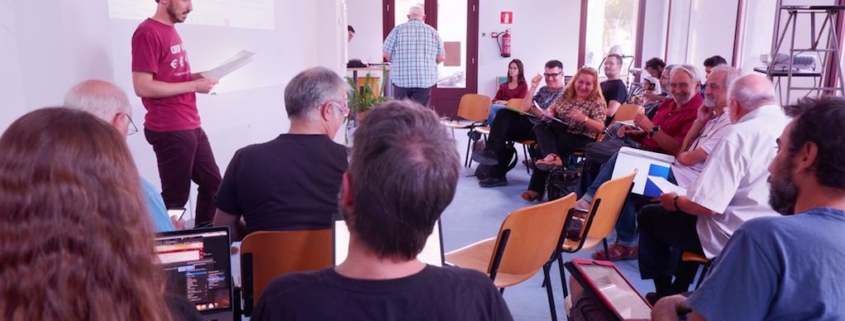
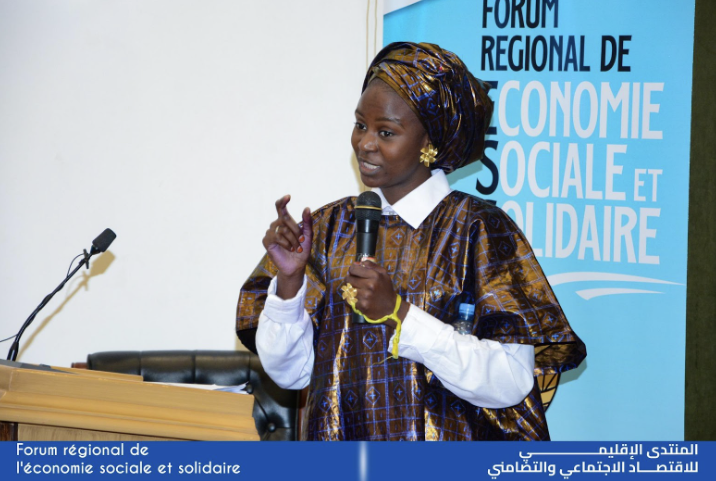



Leave A Comment